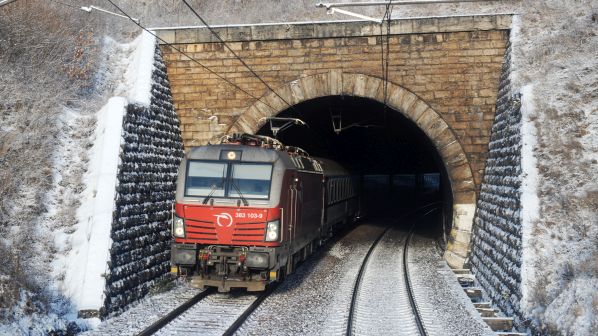ZSSK also changed its method of charging the compensation supplement for performance under its contract with the Slovakian government, which it says has resulted in an extraordinary profit of €37m. The company says this “accounting” profit has been used to amortise losses from previous years, improving equity by 27%.
Passenger numbers increased across the board, leading to a 4.46% increase in passenger revenue from €80.7m to €84.3m. Overall efficiency, recorded as train-km per employee, has increased by 7.4% since 2016 while revenues per kilometre increased by 13.8%.
“2018 was a breakthrough for us, not only because of the economic result that is back at zero, without losses and better than planned,” says vice chairman of the board of directors and director of economics and information management, Mr Patrik Horny. “The decision to increase the equity, which we agreed with our shareholder, the Ministry of Transport and Construction, is important for the overall financial stability and development of the company.”
ZSSK chairman and CEO, Mr Filip Hlubocky, said the increase in revenue had allowed the company to improve staff wages and repair obsolete rolling stock, which had resulted in a reduction in delays.
ZSSK says it has focused investments on information technology including online sales platforms, with the share of tickets sold online exceeding 25% for the first time in December 2018, up from just 3% in 2015.
This contributed to a slight increase in the overall customer satisfaction index. ZSSK says the index has been negatively affected by the cleanliness of its trains, but says this should be remedied when cleaning and maintenance centres in Nové Zámky, Zvolen and Humenné open in 2021. ZSSK says the €100m investment, which is funded by the European Union, will make cleaning and light maintenance more efficient.
The company expects to introduce 51 new DMUs and EMUs this year, along with 35 Ampz and Bmpz coaches and 50 modernised Bmz coaches over the next three years.
Expenditure on repairs and servicing increased by 25% from €59m to €74m, while investment in assets excluding rolling stock and information technology increased sevenfold between 2016 and 2018.

